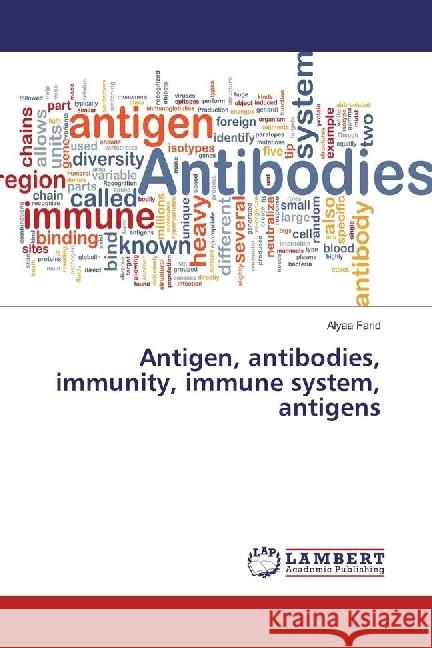Antigen » książka
Antigen
ISBN-13: 9783659810824 / Angielski / Miękka / 2017 / 92 str.
In immunology, an antigen is a molecule capable of inducing an immune response on the part of the host organism, though sometimes antigens can be part of the host itself. In other words, an antigen is any substance that causes an immune system to produce antibodies against it. Each antibody is specifically produced by the immune system to match an antigen after cells in the immune system come into contact with it; this allows a precise identification of the antigen and the initiation of a tailored response. The antibody is said to "match" the antigen in the sense that it can bind to it thanks to adaptations performed to a region of the antibody; because of this, many different antibodies can be produced, with specificity to bind many different antigens while sharing the same basic structure. In most cases, an antibody can only bind one specific antigen; in some instances, however, antibodies may bind more than one antigen.











